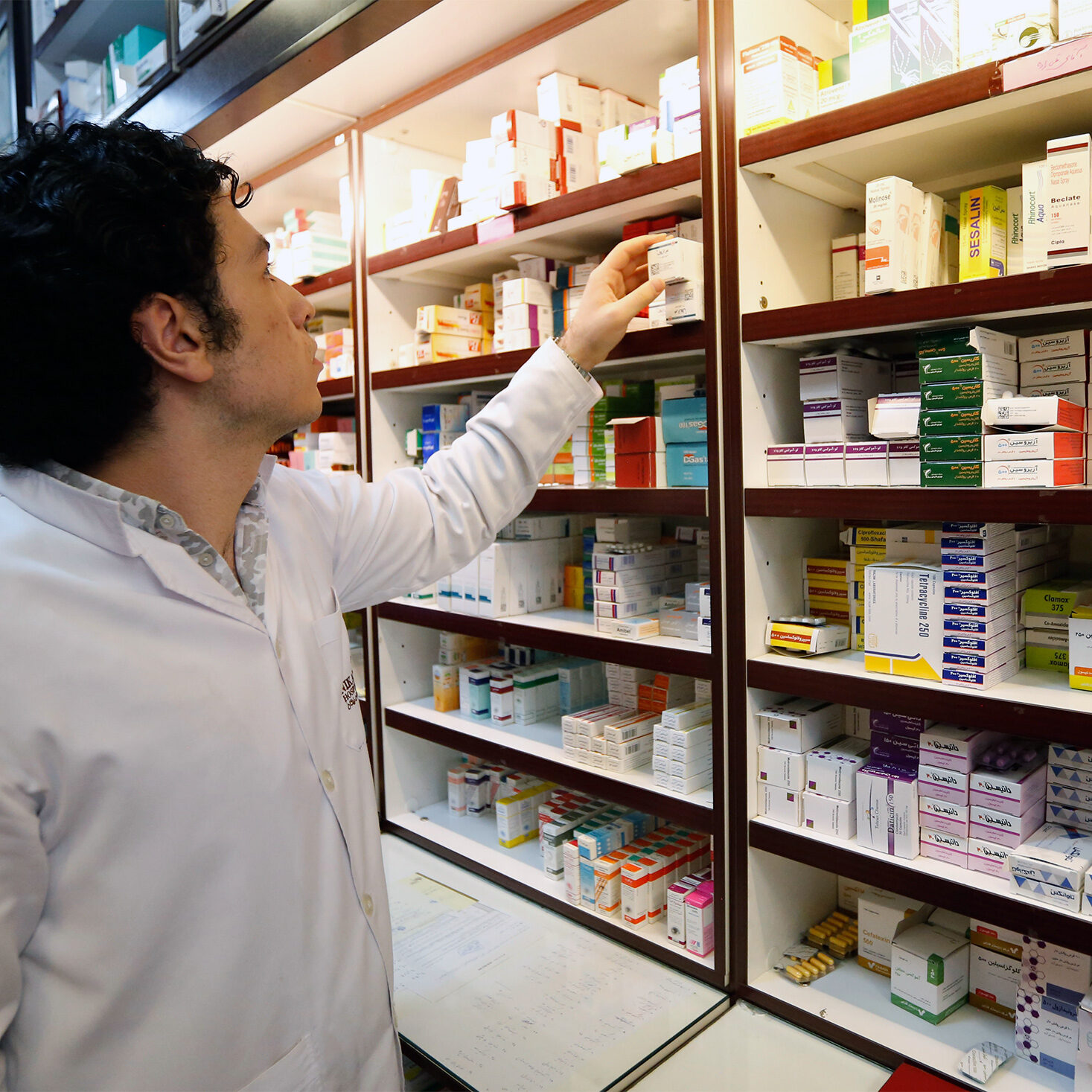
Medication Shortage in Indigenous & Remote Communities in Canada
Indigenous communities face many hurdles in Canada, and there is a long history of our politicians neglecting the needs of these communities. Not only is the cost of basic goods more expensive in remote areas of Canada, but accessing healthcare and medications can be a challenge as well.
There is currently a global shortage of several important and high-demand medications, including Ozempic (semaglutide), which is used to treat type 2 diabetes. This is being felt in various communities in Canada and is disproportionately affecting more remote indigenous communities.
We intend to fund the acquisition and delivery of this medication to communities which require it most, from Sipekne’katik & Mi’kmaq communities in Eastern Canada, to communities in the N.W. Territories.

Sanctions in Iran Impacting Health Sector & Medication Availability
Politics is politics. Healthcare is healthcare. The two should remain separate. Many patients in Iran are currently struggling due to lack of medications and treatments for their specific diseases. As a result of sanctions that have been imposed on Iran, not only are many Western pharmaceutical companies hesitant to deliver medications to Iran, but the sanctions have also hindered Iranian medical companies’ ability to acquire the raw materials needed to produce pharmaceuticals and medical equipment. A humble estimate of the number of patients affected is 6-10 million according to Public Health research in Iran.
Currently, the patients most affected by the medication shortage include thalassemia, cancer, epilepsy, hemophilia and multiple sclerosis patients.
As a result of the shortage, critical medications are too expensive and put financial strain on patients who cannot afford them. We intend to provide funds directly to the families who are most affected to help them purchase needed medications as well as to help cover transportation costs for patients in remote areas who need to travel to receive healthcare.
